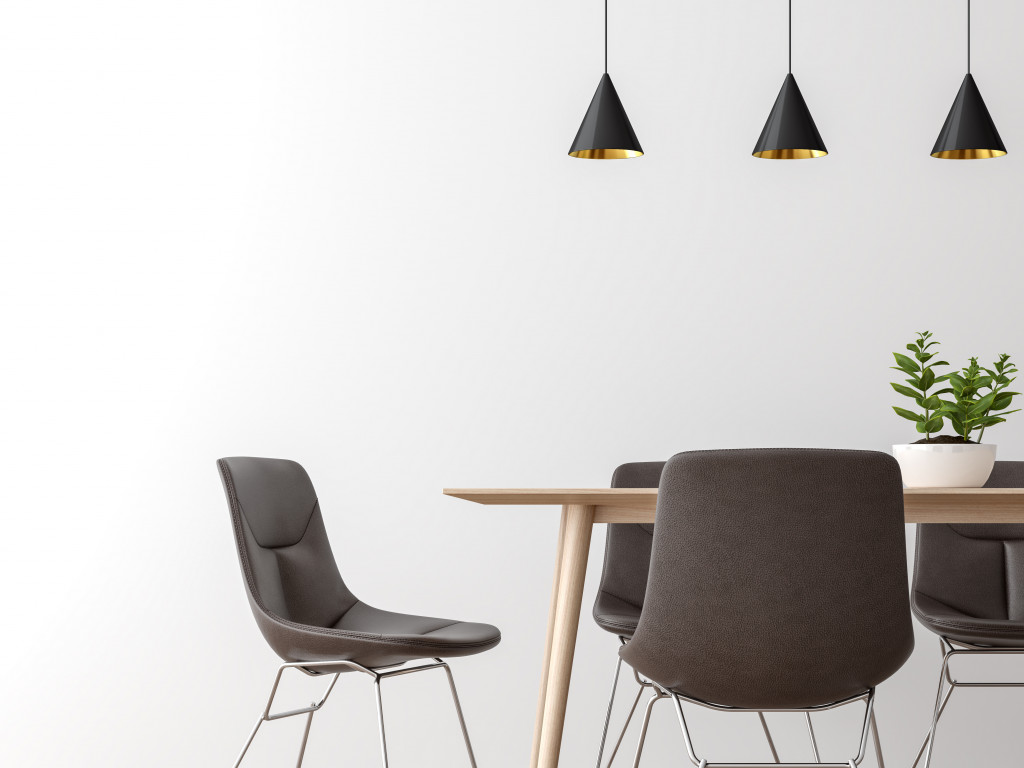Disclaimer: Curate Gifts. This site provides fashion and lifestyle content for informational purposes only.
In recent years, there has been a growing movement of people embracing the minimalist lifestyle. Advocates of minimalism claim that by owning fewer possessions and decluttering their homes, they can live a simpler and happier life. In fact, some minimalists even go so far as to say that this lifestyle has saved them money, improved their health, and helped them focus on what is truly important in life.
But is minimalism right for everyone? In this guide, you’ll find out what the minimalist lifestyle is all about and whether or not it might be a good fit for you.
What is the Minimalist Lifestyle?
The minimalist lifestyle is all about living with less. This means decluttering your home and getting rid of any possessions that you don’t absolutely need or that don’t bring you joy. The goal is to keep the things that are truly important to you so that your life is simpler and more streamlined.
For some people, living minimally also means downsizing to a smaller home or getting rid of their car in favor of alternative transportation methods. Others might even choose to live “off the grid” in a more remote location. The common thread is that minimalists are striving to live with less stuff and fewer commitments in order to focus on what’s really important to them.
Benefits of Living a Minimalist Lifestyle
There are many potential benefits associated with living a minimalist lifestyle. It can help reduce stress and anxiety levels by simplifying your life. With fewer possessions to take care of, you’ll have more time and energy to focus on the things that are truly important to you. Living a minimalist lifestyle can also help save money since you won’t be as tempted to make impulse purchases of things you don’t really need.
Another benefit of minimalism is that it can lead to a greater sense of freedom. When you own fewer things, you’re not as tied down, and you can more easily pick up and go if you feel like it. This can be especially beneficial if you feel restless or trapped in one place for too long.
Drawbacks of Living a Minimalist Lifestyle
Of course, there are also some potential drawbacks associated with living minimally. For instance, it’s not always easy to get rid of things, especially if you have a sentimental attachment to them. Additionally, living with less stuff can sometimes mean forgoing certain conveniences or creature comforts that you’re used to (like having a dishwasher or clothes dryer). Finally, it’s important to remember that the minimalist lifestyle isn’t suitable for everyone — some people prefer having more stuff or being surrounded by more people and activities.
Examples of a Minimalist Lifestyle
If you’re still not quite sure what the minimalist lifestyle looks like in practice, here are some examples:
1. You can live in a small studio apartment and own only the essentials — a bed, a dresser, a few kitchen appliances, and some basic pieces of furniture. You can also rent a branded TV for entertainment instead of buying one. Some companies accept rental applications even from people who have less-than-perfect credit. By embracing minimalism, you won’t have any clutter in your home and will enjoy the simplicity of your lifestyle.
2. You can downsize to a one-bedroom apartment and get rid of your car. Use public transportation or ride your bike when you need to go somewhere. You can also cut back on your material possessions and only keep the things that are truly important to you.
3. You and your family can live “off the grid” in a remote location. You can install solar panels for power and generate your own water. Grow your own food and only buy what you can’t produce yourself. Living this way is a simpler and more sustainable way of life.

Should You Try the Minimalist Lifestyle?
Now that you know a bit more about the minimalist lifestyle, you might wonder if it’s right for you. The truth is that there’s no one-size-fits-all answer to this question — it ultimately depends on your own preferences and needs. If you’re feeling overwhelmed by your possessions or commitments, then minimalism could be a good way to simplify your life.
On the other hand, if you enjoy having a lot of possessions, then this lifestyle probably isn’t for you. Ultimately, the best way to figure out if minimalism is right for you is to give it a try and see how you like it. Who knows — you might just find that less is more.

